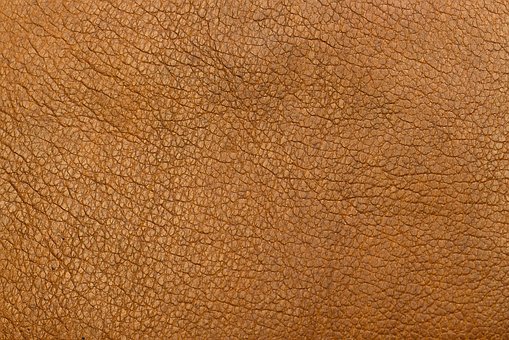Vegan leather, popularly known as faux leather, is leather without animal skin. In the past, leather was strictly made with animal skin, but time has changed; now, a range of ‘vegan’ materials are used to produce leather. Natural materials such as cork oak trees, bark fibres mixed with a polymer, etc.
Plastic-based polymers such as polyvinyl chloride and polyurethane are the most often utilized materials for synthetic leathers. Pleather, a phrase derived from “plastic leather,” is another term for synthetic leather.
These two most used synthetic materials, in particular, have raised concerns about vegan leather’s safety and environmental impact. Natural materials are used in very few vegan leathers, though you can discover more eco-friendly products manufactured from cork, kelp, and even pineapple leaves.

Various studies have conclusively shown that a vegan diet is less detrimental to the environment than a meat-and-dairy-based diet. This mindset sometimes leads to the belief that we should approach what we wear in the same way, especially when it comes to leather.
Businesses are seeking vegan alternatives in the hopes of meeting this demand. On the other hand, vegan-leather substitutes are genuinely better for the environment than real leather?
How Is Synthetic Leather Manufactured?
Polyurethane is applied to one side of the cloth, normally polyester, to create PU leather. The most popular PU leather production procedure is the “wet process,” which involves immersing the fabric in liquified polyurethane, water, and solvents, baking it, and then detailing the material to seem like leather. The “dry procedure” removes the liquid and laminates the polyurethane straight to the cloth, using less water and energy.
A similar coating procedure is used to create PVC leather. Polyvinyl Chloride is combined with stabilizers, plasticizers, and lubricants and then heated to create chemical changes that allow the paste to adhere to the cloth.
Because real leather is a natural product, it is not the actual animal skin harmful to the environment. Keeping this in mind, while purchasing vegan leather avoids animal products, its substitute may be plastic-based, which is bad for the environment and takes years to disintegrate. However, because the chemicals used in the tanning process are still toxic, and the leather business contributes to deforestation, it is preferable to pick vegetable-tanned leathers.
Is It More Sustainable?

When opposed to higher-priced, artisan leather items, synthetic leather provides fast fashion stores with a less expensive and virtually realistic alternative to animal leather, fostering accessory overproduction. Furthermore, the procedure is exceedingly chemically demanding, putting the health of people involved in the production process in danger.
PVC is not biodegradable and, when burnt, releases dioxins into the environment, as do many unsold and discarded fashion items. Not only is the creation of these synthetic materials chemically intensive, but it is also carbon-intensive because it is produced from fossil fuels. Artificial leather and polyester have a higher carbon footprint than genuine leather since they are not a by-product of another sector.
There are strong reasons on both sides. Therefore the solution isn’t black and white. The best approach is to do case-by-case research as fully as possible.
If you’re considering purchasing vegan leather, find out what alternatives the company uses and be mindful of the dangers of plastic-based goods. If you choose real leather, learn about the tanning procedures used by the business to learn how they make their items and be conscious of their ethical practices.
It’s not as easy as choosing between real leather and vegan leather; whatever you choose, do your research to make informed decisions. Regardless of the newest trends or aesthetics, find out who you’re throwing your money to, whether it’s something that you want to promote. Let us know in the comments what do you think of ‘vegan’ leather…
